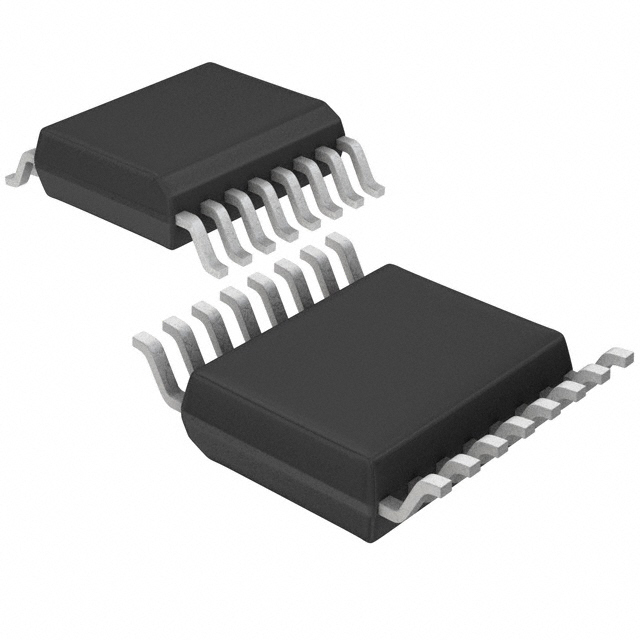
LTC1588IG#TRPBF
Active12-BIT SOFTSPAN DACS WITH PROGRAMMABLE OUTPUT RANGE
Deep-Dive with AI
Search across all available documentation for this part.

LTC1588IG#TRPBF
Active12-BIT SOFTSPAN DACS WITH PROGRAMMABLE OUTPUT RANGE
Deep-Dive with AI
Technical Specifications
Parameters and characteristics for this part
| Specification | LTC1588IG#TRPBF |
|---|---|
| Architecture | Multiplying DAC |
| Data Interface | SPI |
| Differential Output | True |
| INL/DNL (LSB) | ±1 (Max) |
| Mounting Type | Surface Mount |
| Number of Bits | 12 bits |
| Operating Temperature [Max] | 85 °C |
| Operating Temperature [Min] | -40 °C |
| Output Type | Current - Unbuffered |
| Package / Case | 16-SSOP |
| Package / Case [custom] | 0.209 in |
| Package / Case [custom] | 5.3 mm |
| Reference Type | External |
| Settling Time | 2 µs |
| Supplier Device Package | 16-SSOP |
| Voltage - Supply, Analog | 5 V |
| Voltage - Supply, Digital | 5 V |
Pricing
Prices provided here are for design reference only. For realtime values and availability, please visit the distributors directly
| Distributor | Package | Quantity | $ | |
|---|---|---|---|---|
| Digikey | Tape & Reel (TR) | 2000 | $ 11.43 | |
Description
General part information
LTC1588 Series
The LTC®1588/LTC1589/LTC1592 are serial input 12-/14-/16-bit multiplying current output DACs that operates from a single 5V supply. These SoftSpan™DACs can be software-programmed for either unipolar or bipolar mode through a 3-wire SPI interface. In either mode, the voltage output range can also be software-programmed. Two output ranges in unipolar mode and four output ranges in bipolar mode are available.INL and DNL are accurate to 1LSB over the industrial temperature range in both unipolar and bipolar modes. True 16-bit 4-quadrant multiplication is achieved with on-chip four quadrant multiplication resistors. The LTC1588/LTC1589/LTC1592 are available in a 16-lead SSOP package.These devices include an internal deglitcher circuit that reduces the glitch impulse to less than 2nV-s (typ).The asynchronous clear pin resets the LTC1588/LTC1589/ LTC1592 to 0V in unipolar or bipolar mode.ApplicationsProcess Control and Industrial AutomationPrecision InstrumentationDirect Digital Waveform GenerationSoftware-Controlled Gain AdjustmentAutomatic Test Equipment
Documents
Technical documentation and resources


